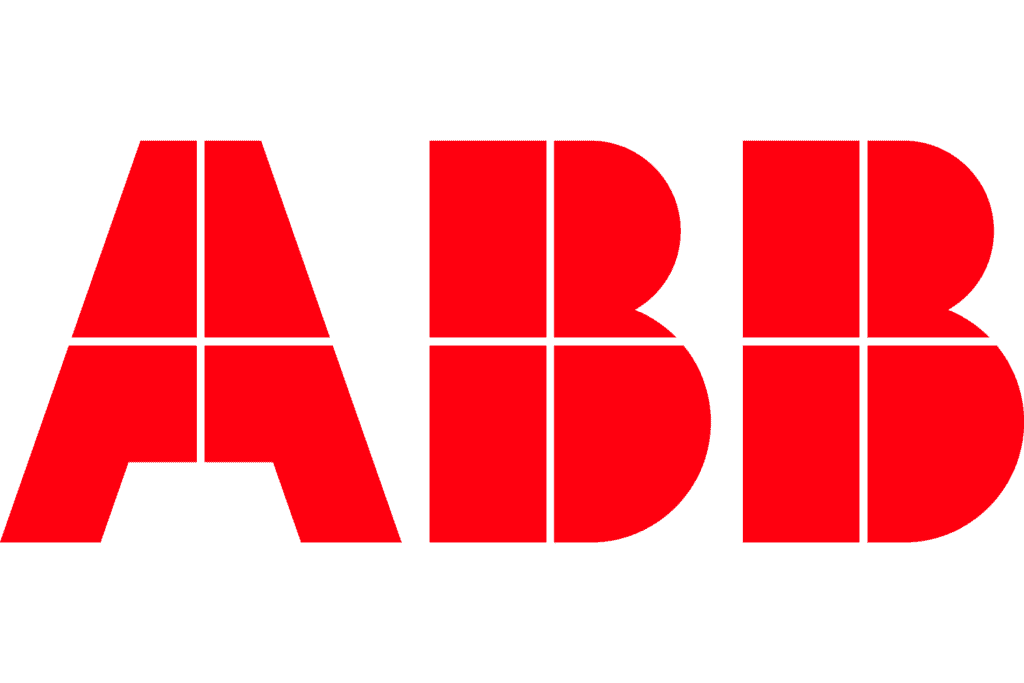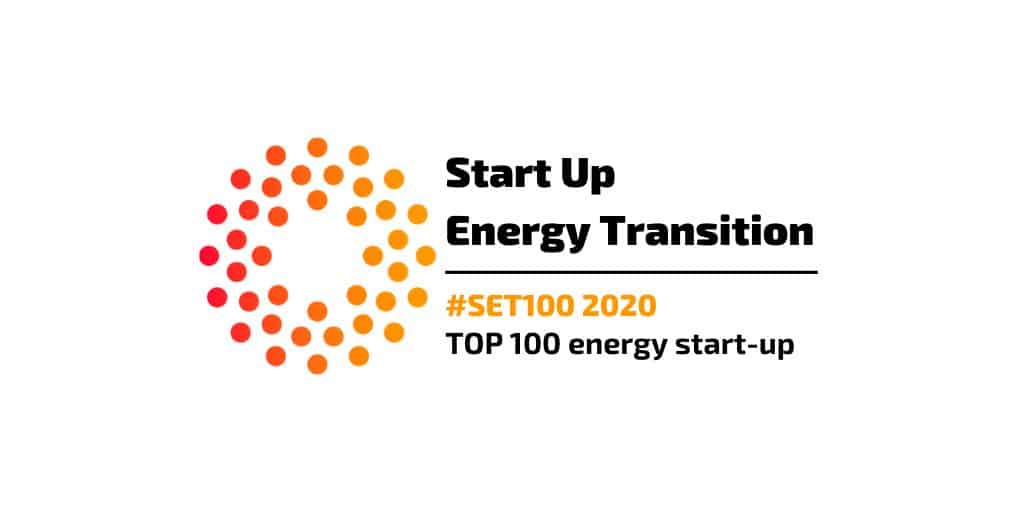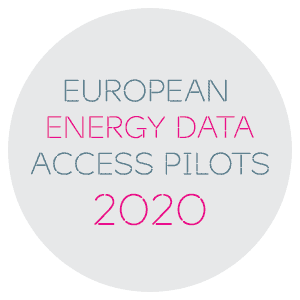API. Application Programming Interface. It is the communications channel between two web-based applications, allows the exchange of data without any connecting physical infrastructure. APIs lie at the very heart of digital transformation. According to the 2020 State of the API Report, the largest survey of the API industry carried out by Postman, nearly 85% of the 13,500 developers and executives surveyed considered APIs to be central to any digital transformation initiative.
In previous blogs, we’ve explored where you can find APIs in everyday life and how they impact the energy industry in particular. But they can be confusing for a non-developer, so here are three things that you may not know about APIs.
1. APIs don’t just sit within the domain of internal IT
APIs can be private or public. Private APIs are used to develop and streamline internal processes, such as integrating new systems or creating apps for employees. But while this is a core function for APIs, it’s outdated and limiting to think that they are just an internal IT tool. Public web-based APIs are a robust channel for opening up a company’s data and digital services to external third parties and have enormous potential. By making your own data available in API format to new partners, you are:
- Extending your global reach
- Opening up entirely new sales market
- Generating a return for technical investment you’ve already made
- Creating new, potentially lucrative, revenue streams
So, what third parties would be interested in your API? Principally (but not exclusively), the developer community, be it developers working independently or developers working within larger organisations. APIs significantly reduce the time that developers need to spend writing code from scratch. This allows them to take a more collaborative approach to faster, more cost-efficient innovation.
2. APIs can be commercialised
APIs are a crucial channel to exploit data which perhaps had previously been sitting unused or siloed and should be considered digital products in their own right. What this essentially means is that APIs can be commercialised, and as such require the relevant legal documentation, such as usage licences, and pricing models.
Some APIs are free, shared for the valuable brand exposure they bring to their original creator or for the commercial opportunity to enter entirely new unrelated markets – Skyscanner is one example, Facebook Login is another. Don’t forget that APIs have the capability to deliver revenue beyond the income generated by their own subscriptions; they amplify visibility of and interest in your own organisation and products to a wider audience, and act as a two-way road to channel new business straight back to you.
But let’s come back to paid-for APIs – as with any digital product or service, there are different tiered pricing models depending on user need and your own business strategy. To access an API, a developer can pay for a subscription or use it on a ‘pay-as-you-go’ basis. But what are they buying? As a general rule, it’s the number of calls or requests made through the API. With subscription models, API calls can be purchased on either a fixed quota basis or on an overage basis, which charges a small fee if users go above and beyond their fixed quotas.
For an API provider, how do you know how much to charge? These questions should provide a helpful starting point:
- How much does it cost you to deliver this API?
- How important is the data or service you’re providing through the API?
- Is it particularly niche or is there are mass market for it?
- How competitive is the market?
3. APIs can be found on digital marketplaces
We now know that, as a commercial product, access to APIs can be bought and sold. Some APIs are exchanged directly in a simple closed commercial arrangement between two partners. But what if you want to make an API more widely available? The answer is to use a digital marketplace, much like re.alto’s marketplace for energy APIs. Think Amazon, but for APIs rather than consumer goods.
Unlike developer portals or standard API management platforms, which usually just focus in on the basic transaction between API provider and consumer, a digital marketplace offers a much more holistic customer experience. They deliver a fully managed set of API tools on one integrated platform, from discovery to user consent management, contract management and documentation. For developers requiring multiple APIs, this bundling is far more cost-efficient and streamlined. Digital marketplaces play an important role in creating a developer eco-system, an environment ripe for sharing best practice, encouraging collaboration and ultimately accelerating digital transformation.
For further information on the benefits of a digital API marketplace, read our whitepaper.
For re.alto API products, visit our main website and find the solution that fits your needs.
Explore our re.alto Knowledge Hub for more information and tutorials on APIs.











